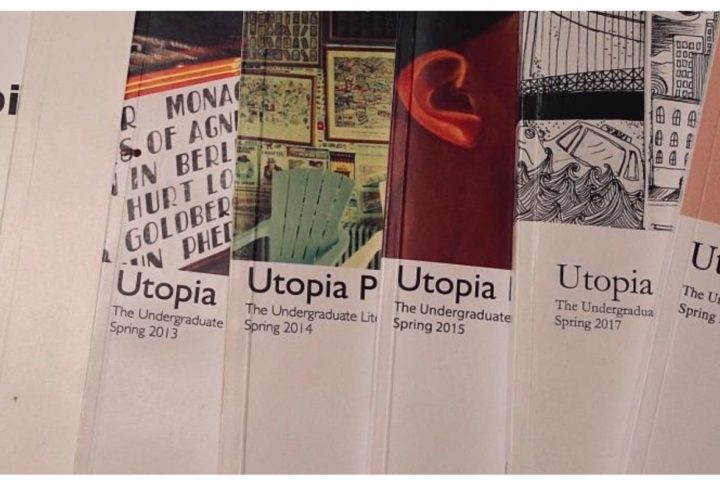Executive employees in CUNY, including the president of Queens College, were given a 23 percent increase in the maximum salary they can earn as administrators while students continue to pay rising tuition costs.
Effective Sept. 1, the increases were deemed “necessary and critical to the success of The City University of New York and central to the board’s mandate to continue to improve standards and promote accountability,” according to the firm William M. Mercer, Inc. which provides the university with market data and advice on best practices in higher education.
On June 25, a board of trustees meeting was held at Baruch College, where exceptional professors were recognized, honorary degrees awarded and old trustees retired. The agenda included a quick vote on the maximum amount administrators in CUNY can receive, including Chancellor Matthew Goldstein and all 23 college presidents. One trustee abstained from the vote, which was otherwise unanimous. Goldstein however, requested that the plan not apply to him and that his salary increases be determined by the board of trustees.
The increases stem from the Salary Plan Report adopted by the board of trustees in 2006, which requires a periodic assessment of the Salary Plan “no frequently than every five years.”
Under this Salary Plan, each CUNY college is categorized as a research institution, professional school, master’s institution, baccalaureate institution or as a community college. QC, which qualifies as a research institution, previously offered President James Muyskens a salary ranging between $165,528 and $299,016. Effective Sept. 1, Muyskens is now entitled to a salary up to $371,460, a 24 percent increase, as are all other presidents of research institutions. Currently Muyskens earns $248,165 annually.
Aside from an annual salary, executive administrators are also entitled to bonuses, housing, automobile provisions, business expenses, memberships in clubs or associations, pension and health insurance.
The primary objective of the proposed Salary Plan is to evaluate each executive’s performance based on specific criteria and in turn, suggest a compensation program that is competitive with the national market in order to recognize the individual’s excellent performance. Basically, the maximums are decided based on how well the administrator has worked according to criteria set by CUNY, thus making raises merit based and the salary raise as an incentive to continue working just as hard.
“The Professional Staff Congress has always, correctly in my view, opposed ‘merit’ raises,” said QC professor, Jonathan Buchsbaum, who is also the QC chapter chair of the CUNY staff union, the PSC. “Incentives imply that employees will work harder and/or better based on those incentives. Do teachers and professional staff not work hard now?”
The plan calculates maximum increases based on ratios of doctoral faculty to full-time faculty, percentage of enrollment in graduate programs to percentage of degrees awarded in graduate programs, and gives year average headcount enrollment and complexity of regular and professional programs offered at undergraduate and graduate levels.
The plan was put into effect in 2003, 2006, 2010 and 2012 to update the market analyses previously performed, with each increase approved by the Governor’s office.
The increases prompted a protest by 20 students outside Baruch on the day of the trustee meeting and a change.com petition—started by Occupy CUNY—prompted 693 signatures in a matter of 20 days.
“It’s very sad to see the indifference of most CUNY students [to the salary increases],” said QC junior, Patryk Perkowski. “All students suffer with cuts and tuition hikes.”
The last time Goldstein saw a salary increase in fall 2009—bringing his salary to just over $600,000—ran counter to national trends of university chancellors turning down raises due to the recession. As for his next raise, which has been left to the discretion of the trustees, the time or percentage remains to be announced.













